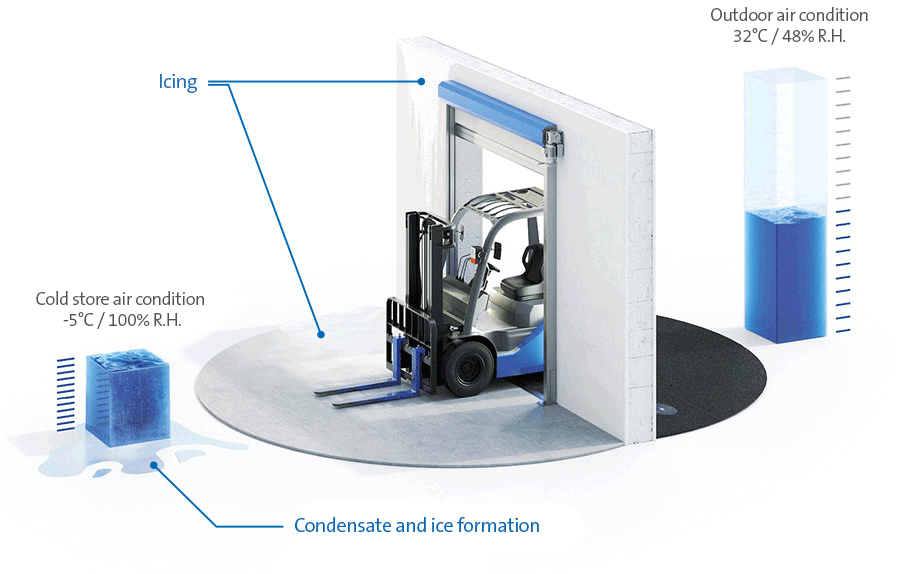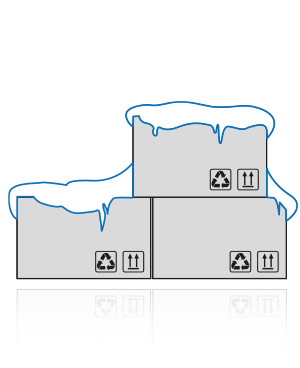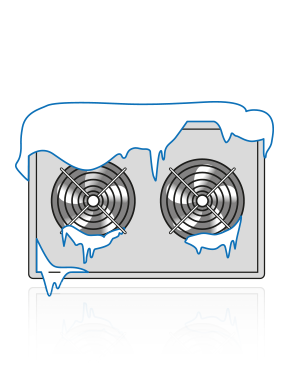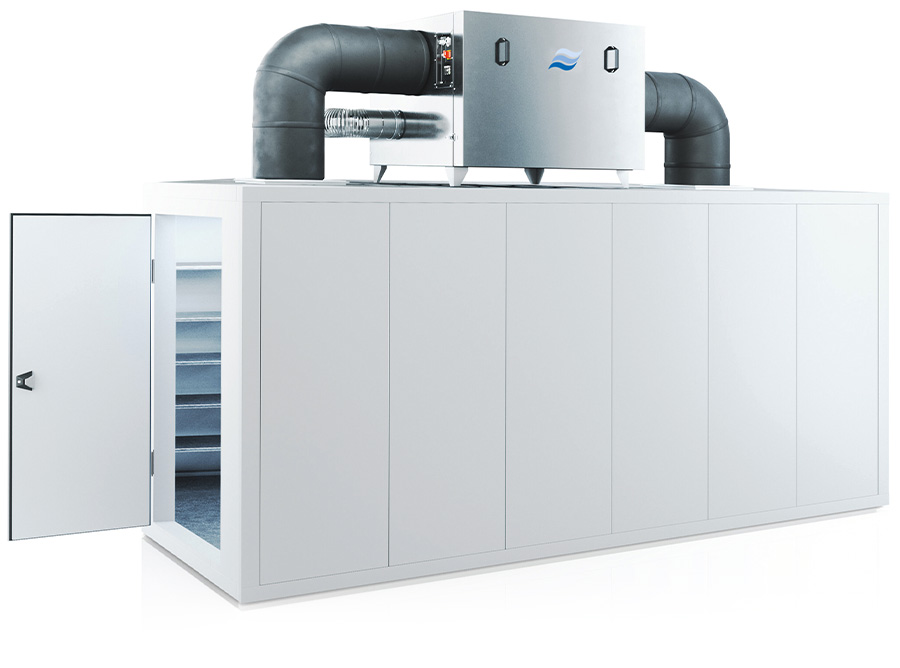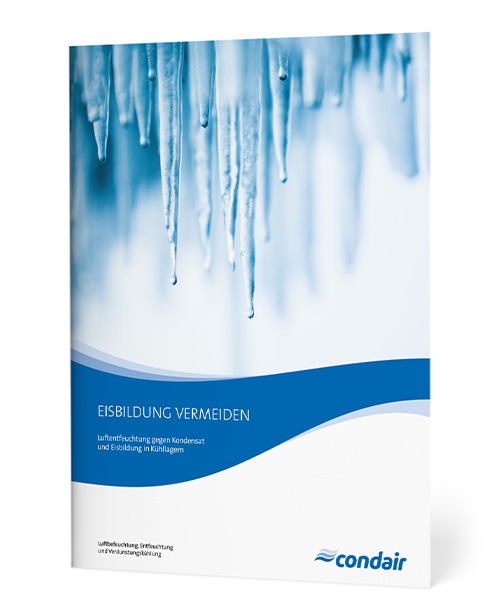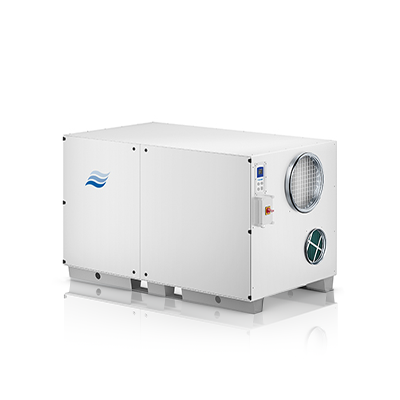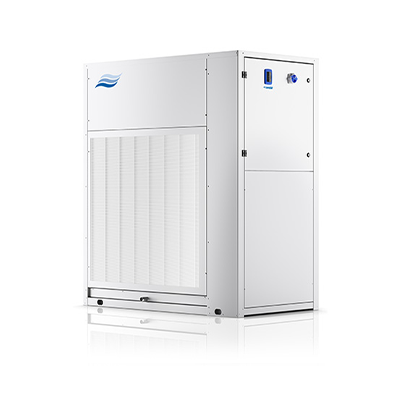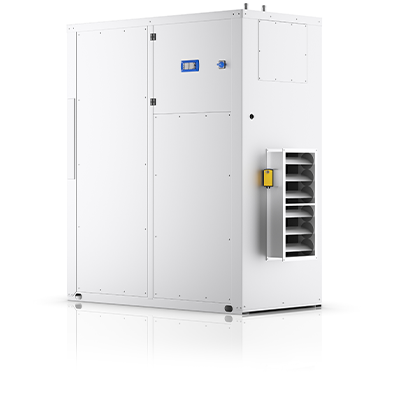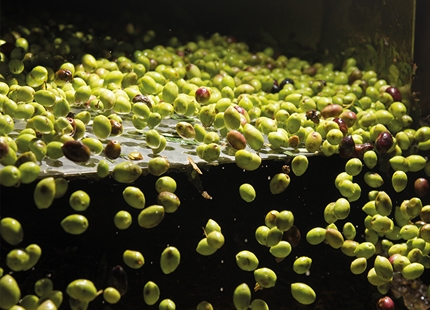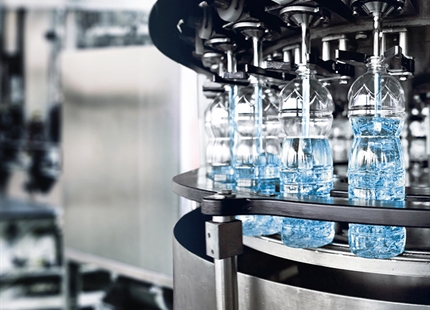- Humidifier
- Dehumidifier
- Service
-
Applications
- Aerospace
- Archives
- Automotive Industry
- Beverage Industry
- Callcenter
- Chemical Industry
- Cold Storage
- Concert Halls
- Confectionery
- Conveyor Technology
- Data Center
- Electrical Industry
- Fashion
- Food Industry
- Food Storage
- Fruit and Vegetables
- Hammam, Caldarium and Rhassoul
- Hospital and Operating Rooms
- Hotel and Wellness
- Material Testing
- Museums
- Office
- Paper Production
- Pharmaceutical Industry
- Print shops
- Steambaths and Steamshowers
- Swimming Pool
- Tobacco Storage
- Textile Industry
- Warehousing
- Waterworks
- Wine
- Wood Industry
- Health
- References
- News
- Know-how
- Downloads
- About us
- Contact
